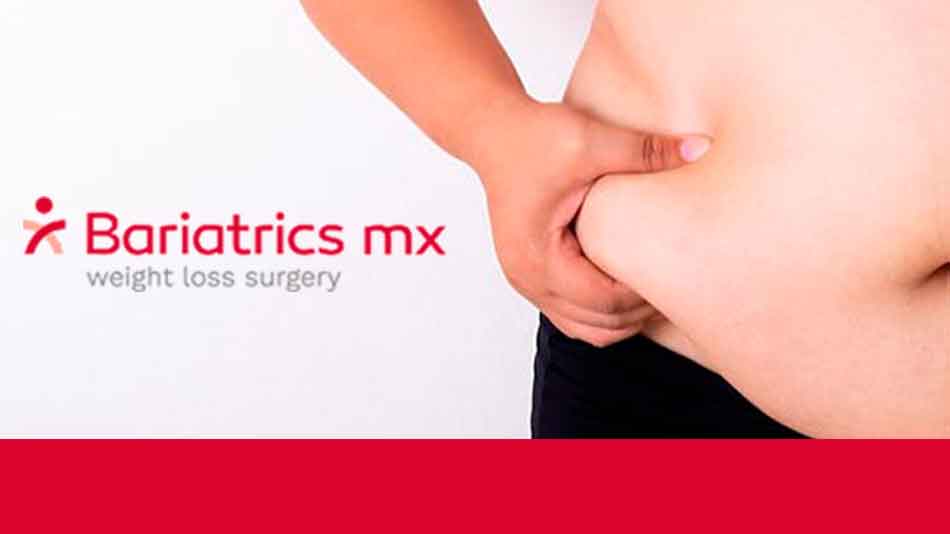There are many different factors that contribute to the success of a gastric sleeve operation. A good surgeon knows these factors and includes them in his preoperative planning. In this article I’ll discuss gastric sleeve placement and other factors. My intent is not to include every factor as I believe it would be overwhelming for you to consider. However, I’ll point out factors that may help you in deciding where you should have your sleeve inserted.
First, your surgeon needs to have a complete understanding of your abdominal anatomy in order to put the right incisions in the right places. So, where the best gastric sleeve incision sites may be located will play a major part in your surgical planning. Incisions that are too deep or not positioned properly can be problematic. Therefore, precision surgical cut placement is essential. Your surgeon must know exactly where you need to be placed for optimal results.
Second, the type of weight loss surgery performed also plays a major role in determining which gastric sleeve incision sites will be successful. There are four types of weight loss surgeries performed under general anesthesia; specifically the laparoscopic gastric by-surgical procedure (LSBS), the Roux en-Y gastric bypass with the selective stapling procedure (SBS), the vertical sleeve gastrectomy with the selective stapling procedure (VSA) and the traditional lapband procedure. Obviously each type has different advantages and disadvantages.
Third, your surgeon should not only consider where incisions will be made, but what results you want from your final surgery. During your initial consultation, your physician should explain the procedure and answer any questions you have regarding safety, side effects, weight loss, recovery and the costs associated with it. He or she should also tell you if they perform any open-heart surgery and if so, what type of anesthetic they use during the procedure. All this information can help you make an informed decision about the risks, benefits and costs of a procedure. Your physician may even decide to use additional treatments to achieve the results you want.
Fourth, it is important to realize that your medical history will play an important role in deciding where your surgical procedure will be performed. For example, if you have experienced prior complications with your surgical procedure or medications, your physician will want to know about them. Your family doctor may also provide useful information as well. Although many physicians do not ask questions about previous conditions unless you bring them up yourself, it is important to let your physician know if you have diabetes, heart disease, high blood pressure or other conditions. These will influence the kind of surgical procedure you will be eligible for and the risks and benefits involved.
Also, before your sleeve surgery, you should be aware of how many incisions you will need to have made. This is determined by the weight loss surgeon and his or her experience with similar cases in the past. You will need to discuss the surgical instruments, the surgical wounds and any post-operative complications with your surgeon prior to your surgery.
In addition to the surgical instruments used and the wounds they take, you will experience a range of emotions. Your stomach will be opened and the contents excreted through the opening created. This is an extremely emotional time for you and may lead to feelings of nausea, dizziness, diarrhea, vomiting, sweating and heart palpitations. It is important for you to follow all of your physician’s advice concerning eating, drinking and other activities after your procedure. You should never fast or do anything else that will interfere with the healing process.
After your operation, your surgical site will be covered with bandages or a dressing for approximately three to seven days. If you experience a great deal of pain, your doctor may prescribe pain medications. In the early weeks, your abdomen will be very sensitive and you will need to follow your doctor’s advice regarding exercise, diet and other concerns. Your stomach will be very sensitive and it is important to take care of your newly repaired abdominal area and to avoid activities that may cause further injury to your abdomen.






